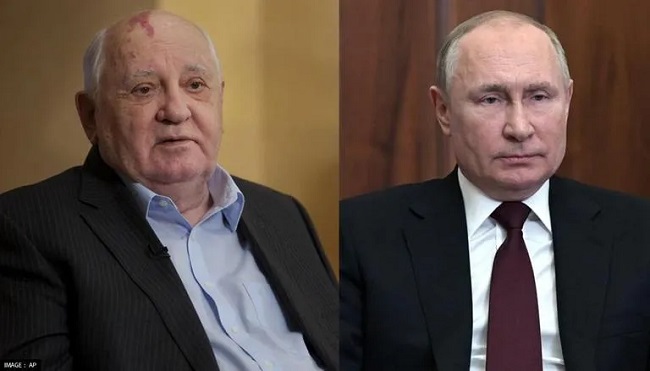On 30 December 1922, the Congress of Soviets elected Vladimir Lenin as head of the Council of People’s Commissars of the Soviet Union (Sovnarkom). Two bullet wounds, compounded by three strokes, ultimately led to his death in 1924, when he was 53 years old.
Although Lenin’s health was failing in his dying days, [[Stalin]] had already usurped much of his authority.
Although Alexei Rykov, Lenin’s successor as chairman of the Sovnarkom, was the most powerful person in the country de jure, in practise, power was concentrated in the hands of the “troika,” the union of three key party figures: Grigory Zinoviev, Joseph Stalin, and Lev Kamenev.

Contents
The New Leader of Russia Cold War
Stalin’s rise to power in the party was unstoppable, and by the decade’s end he had vanquished all of his rivals to become the sole ruler of the Soviet Union. Stalin’s position as general secretary of the party rose to prominence as the highest official position in the Soviet Union.
The early policies of Stalin advocated for rapid industrialization, nationalisation of private industry, and collectivization of private plots established by Lenin’s New Economic Policy.
After the Great Purge, a period of systematic political assassination, repression, and persecution, Stalin, as head of the Politburo, had cemented near-absolute control by 1938.
Although the Nazi German invasion of the Soviet Union began in June of 1941, by December the Soviet Army had succeeded in halting the invasion outside of Moscow. Stalin directed a counterattack by the Soviet Union against Nazi Germany, and it was ultimately successful in 1945.
After Stalin’s death in March 1953, a power struggle between Nikita Khrushchev and Georgy Malenkov raged for years.
In the southwestern region of Russia, in the territory (kray) of Stavropol, Gorbachev was born to a family of Russian peasants. He worked as a combine harvester driver on a state farm in Stavropol for four years after joining the Komsomol (Young Communist League) in 1946.
He did well in the Komsomol and in 1952 enrolled in the law programme at Moscow State University, where he also joined the Communist Party. In 1955 he received his law degree, and by 1970 he had worked his way up through the Komsomol and regular party structures in Stavropol to become first secretary of the regional party committee.
Throughout his foreign policy tenure, Gorbachev worked to improve ties with Western and Eastern developed states. It was in December 1987 that he and then-President Reagan of the United States reached an agreement to eliminate their nations’ stockpiles of intermediate-range nuclear missiles.
After nine years of occupation, he led the Soviet Union’s exit from Afghanistan in 1988 and 1989.
Putin called Gorbachev “one of the most brilliant statesmen of contemporary times who made a substantial impact on the history of our nation and the globe” on the occasion of Gorbachev’s 90th birthday in March 2021.
What do Gorbachev and his Family Think About his Legacy?
He argued that it was time to put a stop to totalitarianism, the Cold War, and the proliferation of nuclear weapons.
Although regrets over the coup and the dissolution of the Soviet Union persisted, they were not universal. Many Russians continue to blame him for the country’s downfall.
Mikhail Gorbachev, although being a pragmatic and rational politician, failed to realise that it was impossible to implement his reforms without toppling a centralised communist system that millions of people in the USSR and outside no longer wanted.


